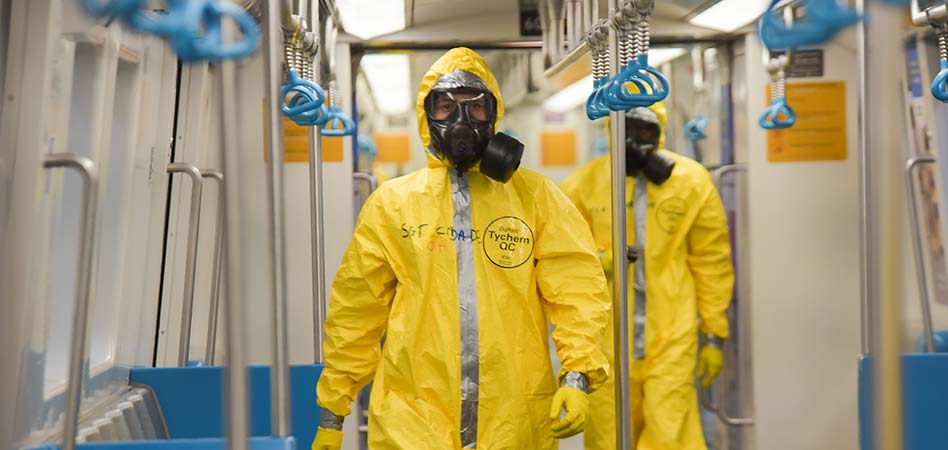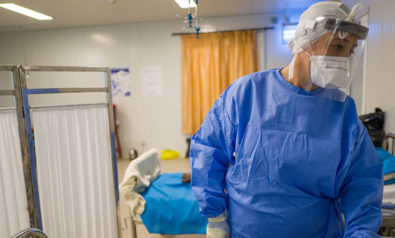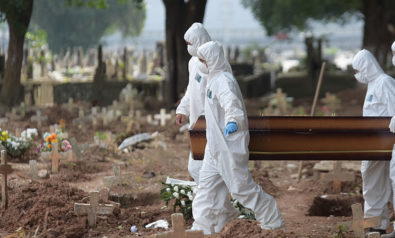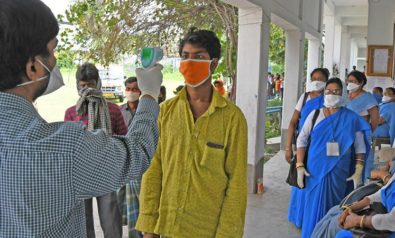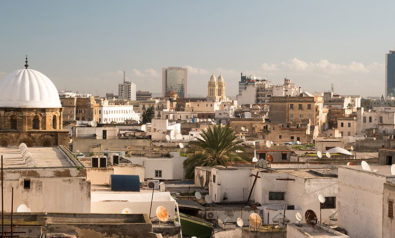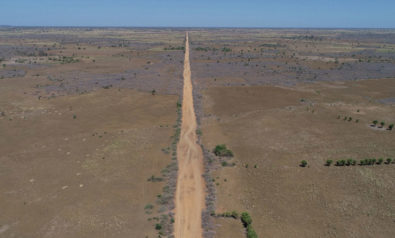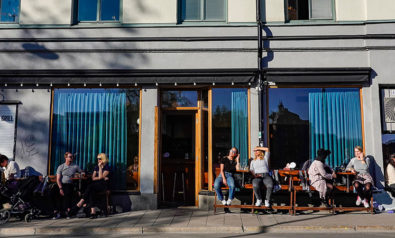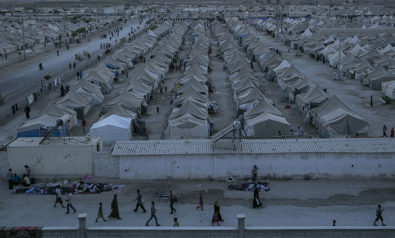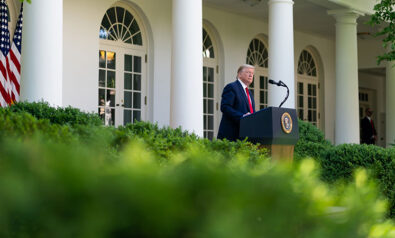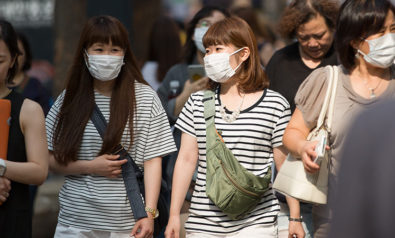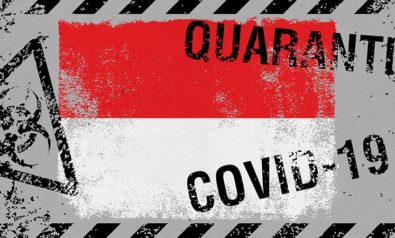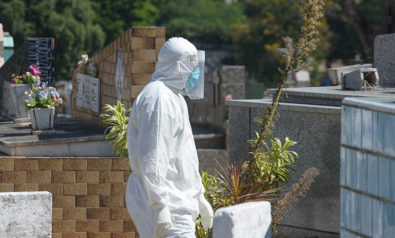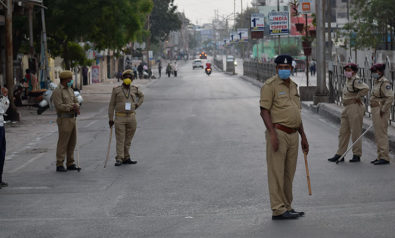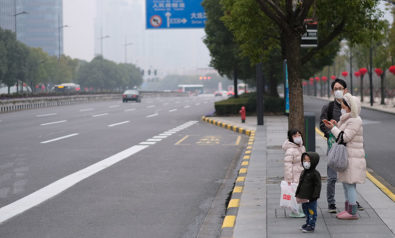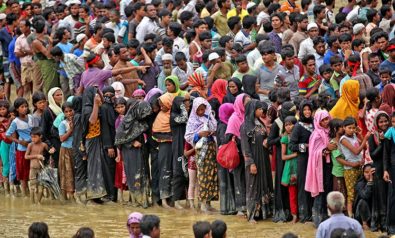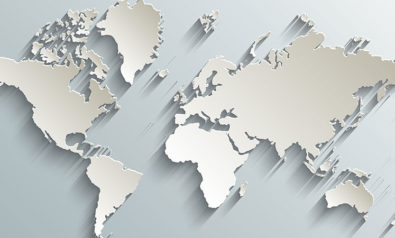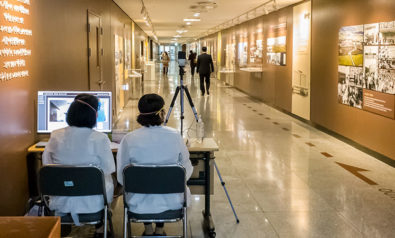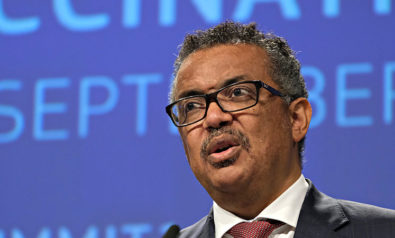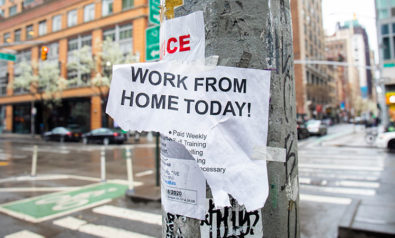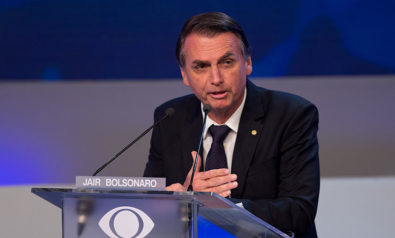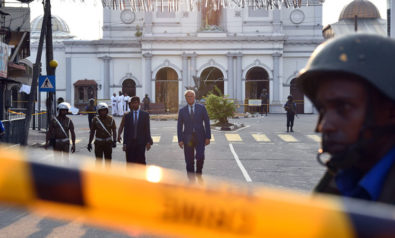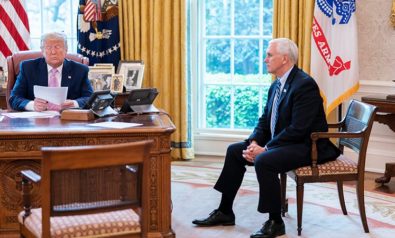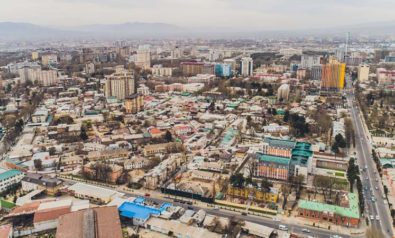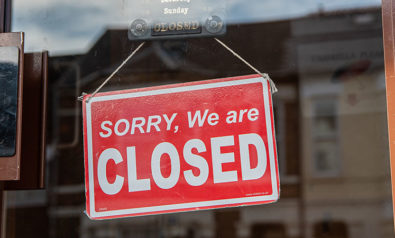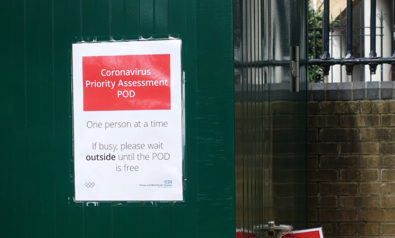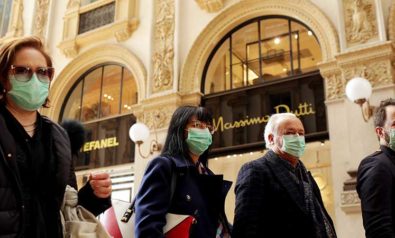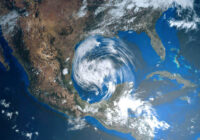The COVID-19 pandemic has placed almost the entire world on lockdown. The current crisis is often compared to historic events such as the two World Wars, the Spanish flu pandemic of 1918 or 9/11. The worst-case modeling of the spread of the novel coronavirus predicts millions of deaths on top of immeasurable economic consequences across the globe.
World leaders have adopted different approaches toward the outbreak. There were fast and robust measures, like in South Korea, dubious posturing, like in the United States, and delayed action — the more common pattern the world over. Most countries have highlighted the importance of containing the spread of the virus, with Brazil and Mexico being notable exceptions.
“Little Flu”
Mexico’s center-left president, Andres Manuel Lopez Obrador, has adopted a moderate tone in the face of the pandemic. Mexico has been late to introduce social distancing. On March 11, the World Health Organizational classified COVID-19 as a pandemic, provoking thousands of cancellations of sporting and cultural events worldwide. However, on the weekend of March 14, 140,000 people in Mexico City attended to the Vive Latino, a musical festival headlined by Guns’n’Roses. On March 15, there were more than 169,000 cases and 6,500 deaths caused by the coronavirus around the world; Mexico had 56 cases and no deaths.
One could say that at that point, the situation was not bad enough for severe measures. But even after that, the Mexican president has continued to adopt a business-as-usual attitude. On March 22, Lopez Obrador encouraged people to go restaurants and keep the economy running: “Do not panic, and please do not stop going out.” It is only when the number of cases in the country surpassed 800 that the president changed his attitude. Assuming a more severe tone, he has been asking people to stay at home as long as possible to avoid overwhelming the health system.
On March 30, Mexico’s government finally declared a health emergency, prohibiting gatherings of more than 50 people, tightening actions already taken by several individual mayors and governors. Mexico City, for example, has closed gyms, cinemas, night clubs, sports centers and other public spaces on March 23, when the city reached 45 cases.
But even this incompetent delay pales in comparison to that of Brazil’s president, Jair Bolsonaro. Days after a trip to the United States, during which Bolosnaro met with President Donald Trump, his press secretary, who flew in the same plane, tested positive for COVID-19. Three days later, Bolsonaro walked out to greet a crowd that has gathered in front of his residence to shake hundreds of hands, knowing that he could have the virus. The president said he would be with the people “in health or sickness.”
Criticized by the Brazilian authorities, Bolsonaro doubled down and made an official public statement on radio and TV referring to the disease as a “little flu” or a “little cold,” calling on people to return to normality immediately, including reopening schools, suggesting that only older people and those with preexisting conditions should be isolated. The move was a political one, emphasizing the importance of keeping the economy working and pandering to his most fervent followers as well as to the country’s poor, who will be most affected by the quarantine measures.
There is, without doubt, concern about the economic consequences for those who work in the informal sector, small business owners and employees. Following in the footsteps of governments around the world, on March 16 Brazil announced the intention to inject some $ 30 billion into the economy, with $17 billion to help the most vulnerable, $12 billion to support companies and keep jobs, and $ 1 billion dedicated to directly fighting the virus. The parliament has also allowed extra expenditures. There is a fear that if the virus spreads to the densely-populated favelas, the consequences could be catastrophic.
But despite these measures by his own government, Bolsonaro launched a social media campaign, “Brazil can’t stop,” which was suspended on March 28 by a federal judge after receiving massive criticism from various authorities, including former political allies. The following day, the president visited a market on the outskirts of Brasilia, talking to vendors and supporters in a bid to encourage economic activity. This time he wasn’t shaking hands or hugging people, but neither did the president observe the recommendations from his own ministry of health, causing Twitter to remove the video of the event as violating safety guidelines on COVID-19.
Coronavirus Denial Movement
Bolsonaro has been labeled the leader of the “coronavirus-denial movement” and has lost political allies due to his extreme approach, especially as the numbers of infections and deaths continue to grow. On March 31, Brazil had 5,717 cases and 201 deaths. Several states like São Paulo and Rio de Janeiro have declared a state of emergency. Mexico still has a relatively low number of cases. On March 31, the country had 1,215 infections, resulting in 29 deaths.
In the last days, both countries have seen a sharp increase in COVID-19 cases, indicating that an escalation is likely to happen in the near future. Compared to Italy, which currently has the highest mortality figures globally, Brazil and Mexico have even larger populations (210 and 130 million, respectively), many densely populated urban centers and, as we saw, attempts to maintain regular life for as long as possible. Although the similarities are scary, 21% of Italy’s population is over 65 years of age — the group most at risk from COVID-19 — whereas in Brazil the number is 8.6% and 7.2% in Mexico, giving hope that the disease will not reach an equally high death rate there.
Another component of concern is geographic. Mexico has a vast border with the United States, which is now the epicenter of the pandemic. Just a few days ago, Mexicans wearing masks and carrying “Stay at Home” signs demanded the closure of the border with the US. Brazil’s neighbor, Venezuela, is equally problematic. The Bolivarian Republic is experiencing a humanitarian and economic crisis that has caused the exodus of more than 4,6 million people in the last years, mainly to neighboring Colombia, Peru and Ecuador.
Information regarding the number of infections and deaths coming from the embattled government of Nicolas Maduro is unreliable, but reports widely show a lack of hospital beds, masks, essential medicines and ventilators in a health-care system already on the brink after years of crisis. A skyrocketing in the number of cases here could have a significant impact on Brazil, which saw a wave of refugees from Venezuela at the end of 2018.
Facing an enemy like COVID-19 requires cooperation among political actors. The troubled political environment in both Mexico and Brazil, marked by acute polarization, could delay urgent measures needed to adequately respond to a possible worsening of the health crisis. Taking into account the delay in applying unified measures to contain the outbreak, both countries will likely see the worst of the crisis unfold over the next several months.
The views expressed in this article are the author’s own and do not necessarily reflect Fair Observer’s editorial policy.
Support Fair Observer
We rely on your support for our independence, diversity and quality.
For more than 10 years, Fair Observer has been free, fair and independent. No billionaire owns us, no advertisers control us. We are a reader-supported nonprofit. Unlike many other publications, we keep our content free for readers regardless of where they live or whether they can afford to pay. We have no paywalls and no ads.
In the post-truth era of fake news, echo chambers and filter bubbles, we publish a plurality of perspectives from around the world. Anyone can publish with us, but everyone goes through a rigorous editorial process. So, you get fact-checked, well-reasoned content instead of noise.
We publish 2,500+ voices from 90+ countries. We also conduct education and training programs
on subjects ranging from digital media and journalism to writing and critical thinking. This
doesn’t come cheap. Servers, editors, trainers and web developers cost
money.
Please consider supporting us on a regular basis as a recurring donor or a
sustaining member.
Will you support FO’s journalism?
We rely on your support for our independence, diversity and quality.


